I wish we could choose which memories to remember

I wish we could choose which memories to remember
Memory is a fascinating and complex aspect of human cognition. It allows us to store and retrieve information about our past experiences, shaping our identity and influencing our decisions and behaviors. However, not all memories are pleasant or beneficial. Some memories can be painful, traumatic, or simply unwanted. In an ideal world, we would have the ability to choose which memories to remember and which to forget.Imagine being able to selectively erase the memories of a traumatic event, a painful breakup, or a humiliating experience. The ability to control our memories could significantly improve our mental health and well-being. We could free ourselves from the burden of carrying around negative emotions and reliving past traumas. Instead, we could focus on positive memories that bring us joy and fulfillment.
Choosing which memories to remember could also enhance our relationships with others. We could let go of grudges, forgive past wrongs, and move forward with a clean slate. By selectively remembering the good times and positive interactions, we could strengthen our bonds with loved ones and create a more harmonious and fulfilling social environment.
Furthermore, the ability to control our memories could have practical benefits as well. We could improve our learning and problem-solving skills by focusing on the most relevant and useful information. By filtering out irrelevant or outdated memories, we could make room for new knowledge and experiences, leading to personal growth and development.
However, the idea of choosing which memories to remember also raises ethical and philosophical questions. Would we be altering our true selves by selectively editing our memories? Would we be denying the richness and complexity of our experiences by only remembering the good and forgetting the bad? These are important considerations that would need to be addressed if such a technology were ever to become a reality.
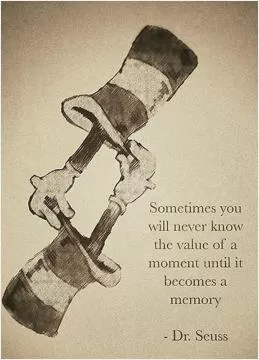



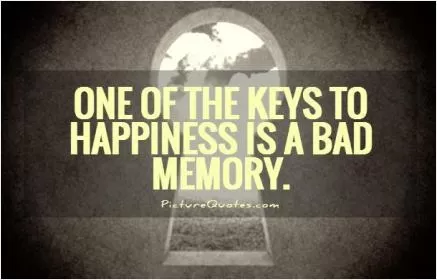

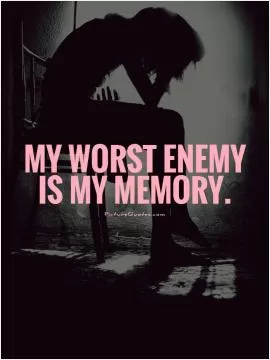



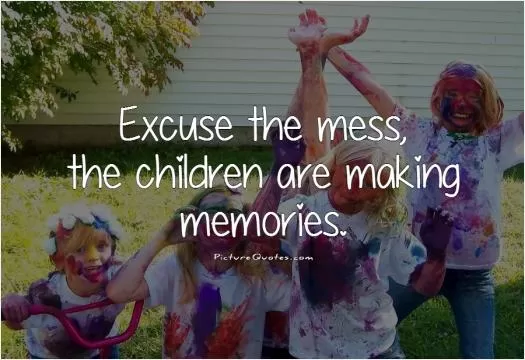
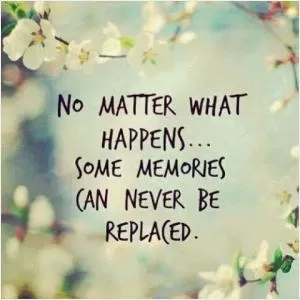
 Friendship Quotes
Friendship Quotes Love Quotes
Love Quotes Life Quotes
Life Quotes Funny Quotes
Funny Quotes Motivational Quotes
Motivational Quotes Inspirational Quotes
Inspirational Quotes